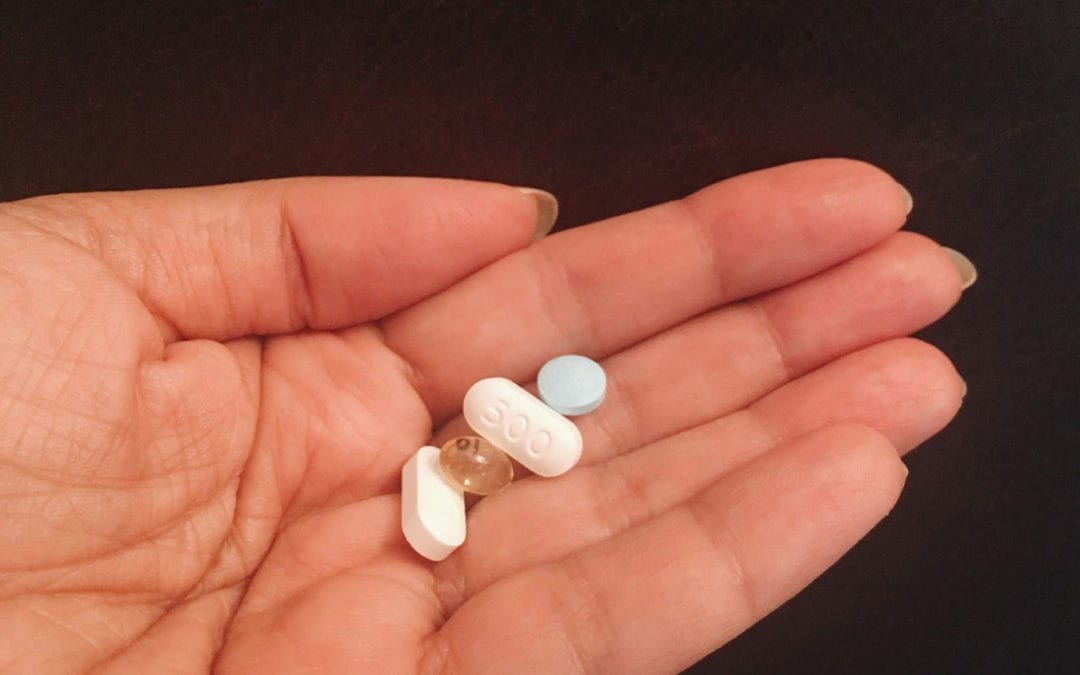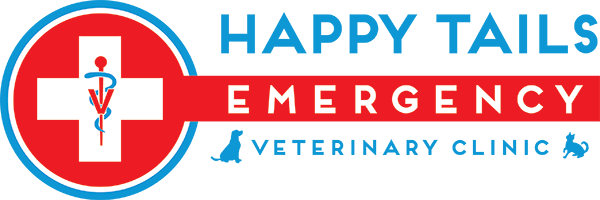10 Human Medications That Are Deadly To Your Pet

You were cleaning up your medicine cabinet or taking your morning medications before heading out for the day, but one of the bottles slips and busts open on the floor, spilling pills everywhere. Your pet, not knowing any better, rushes in hoping to snag some goodies from the floor that they think are treats of some sort.
You try to get the contents from your pet’s mouth but they are too quick and have already swallowed whatever they got! Oh no!
This is a scenario that we hope you never have to experience, but it’s always a possibility when we share our lives so closely with our pets.
If this or a similar instance has happened it’s imperative that you call or bring your pet into a veterinarian immediately.
10 Most Common Human Medications That Are Deadly to Pets:
Information courtesy of Pet Poison Helpline (www.petpoisonhelpline.com/)
1. NSAIDS (Ibuprofen, Aleve, Motrin, etc.)
While these medications are safe for people, even one or two pills can cause serious harm to a pet. Dogs, cats, birds and other small mammals (ferrets, gerbils and hamsters) may develop serious stomach and intestinal ulcers as well as kidney failure.
2. Acetaminophen (Tylenol, etc.)
One regular strength tablet of acetaminophen may cause damage to a cat’s red blood cells, limiting their ability to carry oxygen. In dogs, acetaminophen leads to liver failure and, in large doses, red blood cell damage.
3. Antidepressants (Effexor, Cymbalta, Prozac, Lexapro, etc.)
While these antidepressant drugs are occasionally used in pets, overdoses can lead to serious neurological problems such as sedation, incoordination, tremors and seizures. Some antidepressants also have a stimulant effect leading to a dangerously elevated heart rate, blood pressure and body temperature.
4. ADD/ADHD Medications (Concerta, Adderall, Ritalin, etc.)
Medications used to treat Attention Deficit Disorder/Attention Deficit Hyperactivity Disorder contain potent stimulants such as amphetamines and methylphenidate. Even minimal ingestions of these medications by pets can cause life-threatening tremors, seizures, elevated body
temperatures and heart problems.
5. Benzodiazepines / Sleep Aids (Xanax, Klonopin, Ambien, Lunesta,etc.)
About half of the dogs who ingest sleep aids become agitated instead of sedate. In addition, these drugs may cause severe lethargy, incoordination (including walking “drunk”), and slowed breathing in pets. In cats, some forms of benzodiazepines can cause liver failure when ingested.
6. Birth Control (estrogen, estradiol, progesterone, etc.)
Large ingestions of estrogen and estradiol can cause bone marrow suppression, particularly in birds. Additionally, female pets that are intact (not spayed), are at an increased risk of side effects from estrogen poisoning.
7. ACE Inhibitors (Zestril, Altace, etc.)
Though overdoses can cause low blood pressure, dizziness and weakness, this category of medication is typically quite safe. Pets ingesting small amounts of this medication can potentially be monitored at home, unless they have kidney failure or heart disease. All heart medications should be kept out of reach of pets.
8. Beta-blockers (Tenormin, Toprol, Coreg, etc.)
Beta-blockers are also used to treat high blood pressure but, unlike the ACE inhibitor, small ingestions of these drugs may cause serious poisoning in pets. Overdoses can cause life-threatening decreases in blood pressure and a very slow heart rate.
9. Thyroid hormones (Armour desiccated thyroid, Synthroid, etc.)
Interestingly, the dose of thyroid hormone needed to treat dogs is much higher than a person’s dose. Therefore, if dogs accidentally get into thyroid hormones at home, it rarely results in problems. However, large acute overdoses in cats and dogs can cause muscle tremors, nervousness, panting, a rapid heart rate and aggression.
10. Cholesterol lowering agents (Lipitor, Zocor, Crestor, etc.)
While pets do not typically get high cholesterol, they may still get into the pill bottle. Thankfully, most “statin” ingestions only cause mild vomiting or diarrhea. Serious side effects from these drugs come with long-term use, not one-time ingestions.
To help prevent the possibility of your pet getting into any human medications follow these tips:
- Keep human and pet medications in separate areas. Accidental mix-ups are also a common cause of pet poisoning.
- Do not store medications in plastic baggies, they are very easy for pets to get into.
- Keep purses or personal bags off the ground by hanging them on a hook that is high enough to keep out of your pet’s reach.
It’s never advisable to give your pet a human medication without consulting a veterinarian first. Many are extremely poisonous and it’s very easy to overdose a pet by going off of a recommendation found through internet search.
Have Questions?
We’re here to help! Click here to contact us today!
Recent Posts
About Us
At Happy Tails Veterinary Emergency Clinic in Greensboro, NC, our kind and knowledgeable team is available to provide gold standard emergency vet care for you and your pet. We’re available in the late night and early morning hours during the week, and 24/7 on weekends for your convenience.
